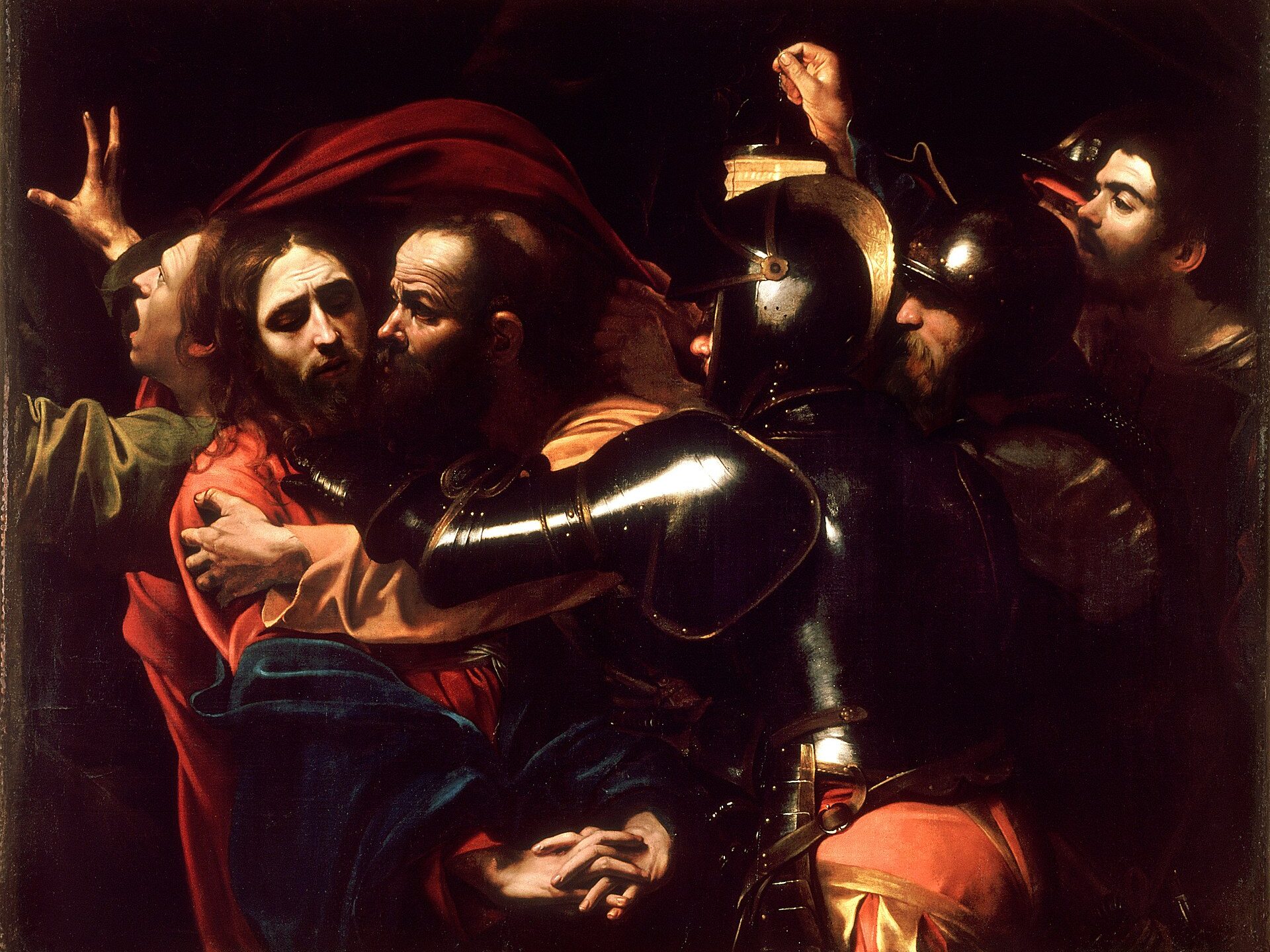One of the great mysteries of Holy Week is the revelation of how God in Christ deals with our refusals, particularly the most terrifying refusal of all—that is, the cross. The cross is terrifying because God died, and not only died, but died in the most horrific manner we could devise.
The mystery is that such a terrifying response is met with God’s acceptance of what our refusal imposes. God in Christ accepts death, and death in the manner that we devise: death on a cross.
Isaiah foresees all this—God’s acceptance of the cruel sentence of death we impose on him—in today’s “servant” text from Isaiah’s great book of prophecy. The “servant,” who is the Messiah, does not offer resistance to those who intend to harm him, to kill him.
Why?
God does this to reveal something of extraordinary importance about who he is and what he wants, particularly how he intends to deal with our refusals. And what he reveals is not only important, but also surprising.
Worldly standards of justice would determine that the horror of the cross should be met with an even more horrific wrath, a wrath at the very least equivalent to what we unleash in the cross. If we refuse God, should not God refuse us?
God shows us in the cross of Christ what he wants. But what do we want?
The answer to this question, given by Christ on the cross, is absolutely inexplicable. God doesn’t refuse us; instead, he imparts to us a mercy that exceeds the demands of justice, and sets a world gone wrong back right. Through our refusal of God, we beg for wrath. But God doesn’t want to destroy us; God wants to save us.
And so, what God does with the cross is accept it and then transform it, inserting himself into the furthest reaches of our refusals, descending himself into the alienation from God that we would impose on ourselves, and from that place, offering us a mercy that is as surprising as it is undeserved. Our attempts to destroy God are foolish and futile, and in the end, God undermines our every attempt to do so, because in our efforts, we do not destroy him; we only risk destroying ourselves. And our destruction is not what God wants.
Thus, God meets our refusals with his mercy. Now we have to decide if we are willing to accept the mercy of God. If we do, then we have to change.
This is the decision that the cross of Christ demands that we make.
You see, the mercy of God is not about evading consequences; it is about the opportunity to set things right. The mercy of God is the gift of another chance, a chance that offers us the possibility of being changed, rather than being ruined.
Would we rather be changed or ruined? God shows us in the cross of Christ what he wants. But what do we want?

The Gospel presents the sad fact that Judas was not alone in his betrayal of Christ. The fact is that in their disappointment and fear, many of those who were closest to Christ abandoned him in his hour of greatest need. Despite all their protests to the contrary, when the moment came and the dark shadows descended, many of Christ’s followers ran for the cover of the night.
As it was then, so it is now.
None of us should be so prideful as to place ourselves among the few who remained with Christ as he underwent his suffering and death. The Apostle Paul reminds us, lest any of us think more of ourselves than we should, that all have sinned, all have fallen short (Rom. 3:23).
It is only in an attitude of humility that one can truly enter into the mysteries of Holy Week and appreciate their meaning and understand their purpose.
Unless we admit our refusals, repent of our sins, and have the same attitude as Christ, who “emptied himself, taking the form of a servant” (Phil. 2:7), we choose to lurk in the dark rather than walk with the Lord Jesus into his light.
Humility is the one thing we need this Holy Week.
This piece was originally published on March 27, 2018, on WordonFire.org
